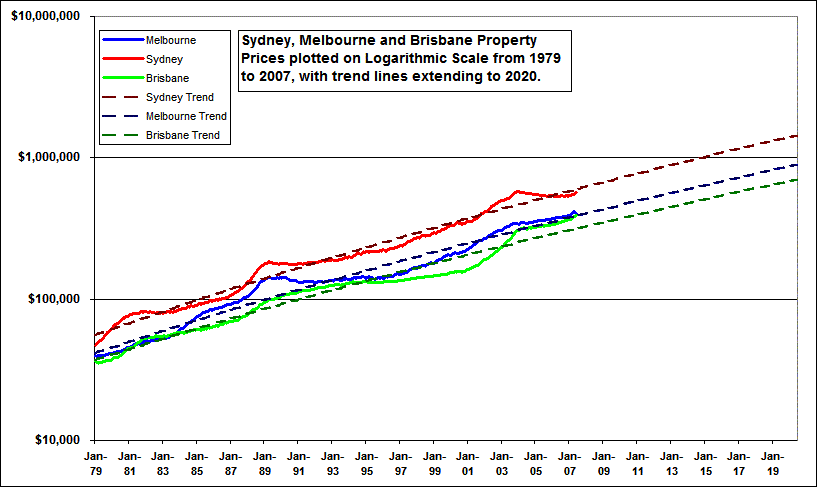Apology accepted.

Shadow said:
(Although you did make up the bit about me saying there would be a boom in 2010. The post that you quoted above was my response to FHB's suggestion that there may be a boom in 2010).
Well, I may have misinterpreted:
*snip*
As interest rates fall, the credit crunch eases, and house prices start rising again, I expect a new construction-led boom to kick off in Australia, probably around 2010-2011.
However, I think there is a good chance we will make the same mistake as the US... we will eventually build too many houses (there are currently 18.6 million empty houses in the US).
This oversupply will create a massive glut of property late next decade, just as the baby boomers start to die off, which will further increase supply and reduce demand. This is what will trigger the next big crash.
*snip*
Were you suggesting a boom in construction but not in resi pricing?
If so, I stand corrected.
However, given the prevailing view of underbuilding in Australia (which I don't subscribe to) has not been addressed at recent/current pricing levels, are you suggesting a "construction-led boom" could occur with prices for existing stock at today's levels or below?
If so, what structural change did you think (at that time) would occur to alter the economics for builders or buyers of new homes?
PS: How much time do you spend analysing my old posts for inconsistency? And why?

It's actually not that time consuming. You quote/reference yourself a lot in threads so it's like following Hansell and Gretel

Why? For the same reason I have a collection of all the ANZ Economics guys presentations for the last couple of years.
Making predictions is easy and lots of people do it. In this forum, as is the case elsewhere, the enthusiasm with which any given prediction is met is for the most part directly correlated with the extent to which is supports the preferred outcome of the observer.
As a general proposition if I want to form a view as to whether someone's predictions are worth paying any attention to, I look less at what the current ones are and have a look at their form.
Given you've been appointed The King of graphs, trends and lists around here, I thought I'd check out what essentially the same set of graphs, trends and lists were leading you to predict 12 months ago.
On form, I'd suggest you revisit your data/hypotheses



